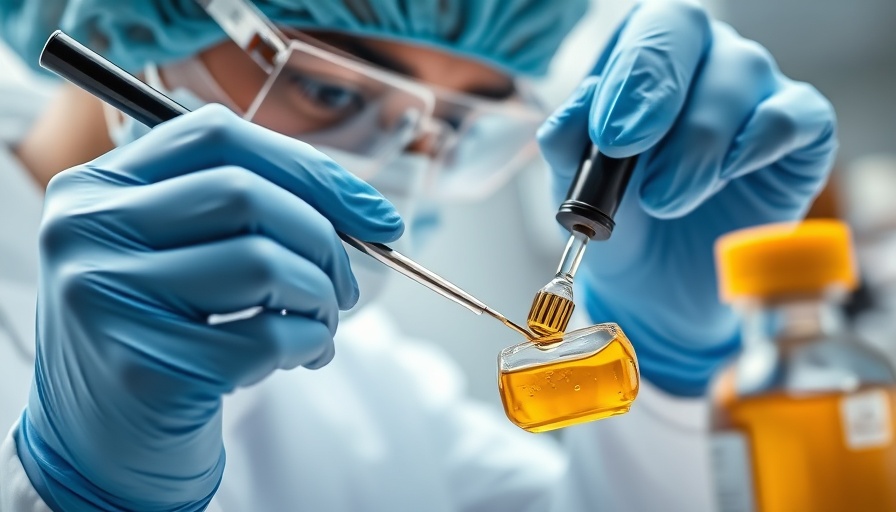
DNA Testing: The New Frontline Against Honey Fraud
In an innovative initiative, Austria is stepping into the spotlight as it begins trialing DNA testing of honey samples, revealing a proactive approach to ensure product purity and protect beekeepers’ livelihoods. With rising instances of honey adulteration, this new method could significantly reshape the honey market and consumer trust.
The Rise of Honey Adulteration
Recent data highlights alarming trends in honey quality. Between 2015 and 2022, investigations showed a surge in adulterated honey entering the European Union. The statistics are troubling: 46% of honey tested was flagged as potentially fraudulent, a staggering jump from 14% just a few years prior. Most suspect imports were traced back to China, raising concerns not only about quality but also about the economic impact on local beekeepers who face fierce competition from cheaper, counterfeit products.
Impact on Beekeepers and Consumers
The implications of this fraudulent practice extend far beyond just profits. Small-scale beekeepers like Matthias Kopetzky, who manages around 350 hives in Vienna, report feeling overwhelmed by the difficulty of competing against lower-priced imports. In his words, “We don’t have a chance at all.” This sentiment is echoed among beekeepers who see their hard work threatened by counterfeit honey flooding the market. Consumers, too, deserve protection from misleading labeling and substandard products.
How DNA Testing Works
DNA analysis allows scientists to identify not just the floral sources of honey but also whether it has been adulterated with cheaper substitutes like sugar syrups or water. With only a handful of European laboratories offering this service, Austria’s move through the small company Sinsoma could signal a larger revolution in food safety. This technology could help ensure that honey consumers know what they're really getting when they purchase a jar, restoring faith in the product's origin.
Future Predictions: A Safe Sweetener?
Looking ahead, the adoption of DNA testing on a larger scale could profoundly alter the honey landscape in Europe and beyond. With EU regulations tightening to demand clear labeling of honey's country of origin by mid-2026, consumers may find it easier to discern quality products from adulterated ones. This not only enhances transparency but also promotes ethical consumption, encouraging loyalty to local and authentic producers.
In Conclusion: Actions to Take
As this trial progresses and more definitive results come in, there is a significant opportunity for consumers to advocate for transparency in the food industry. By demanding reliable testing methods like DNA analysis, consumers can support local beekeepers and contribute to a more sustainable food system. Educating oneself about the origins of food can ultimately lead to better choices and enhance the overall quality of products available.
 Add Row
Add Row  Add
Add 




Write A Comment